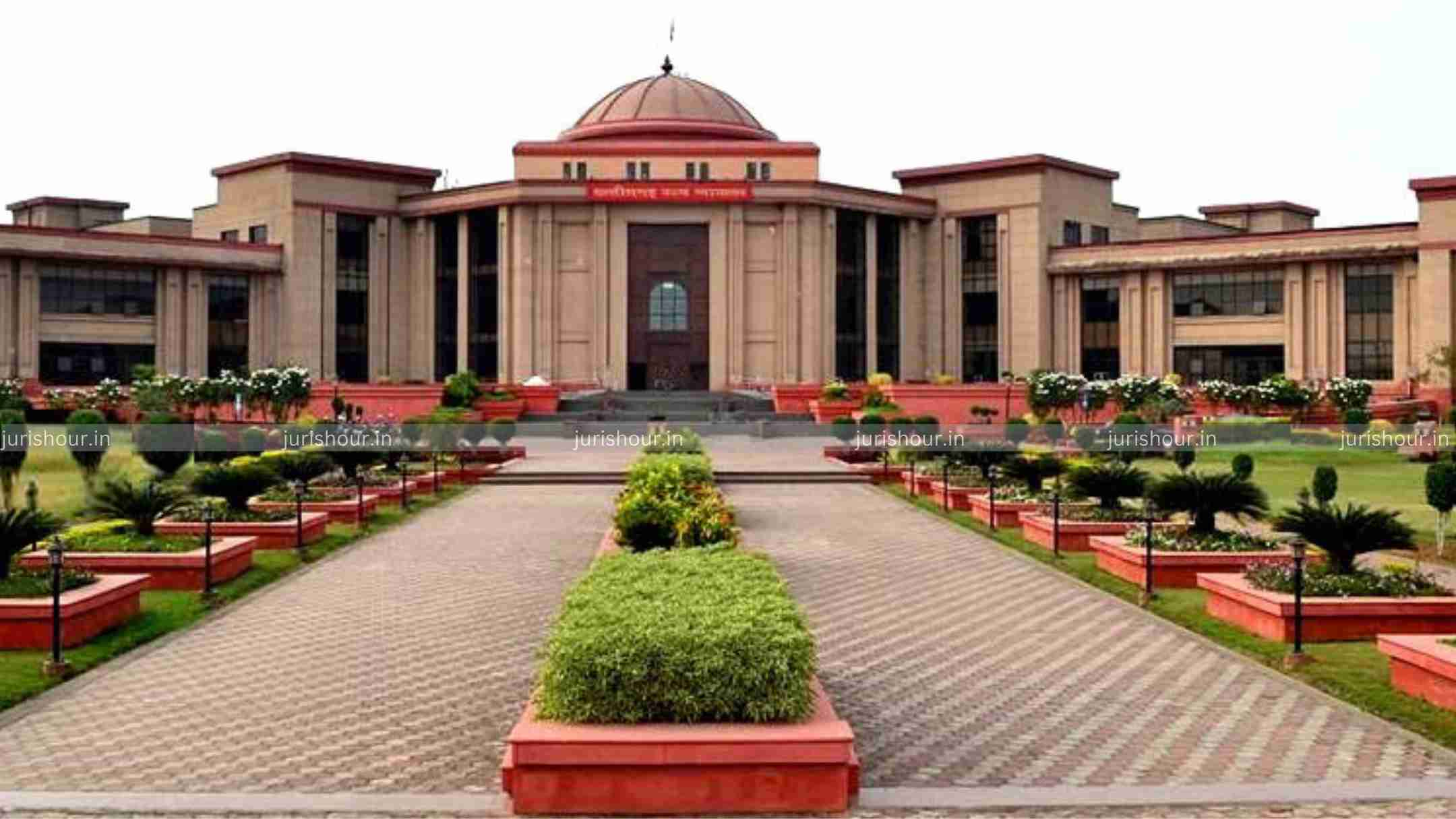Income Tax Penalty Can’t Be Imposed For Cash Repayment Of Loan on Lender’s Instruction To Curb Interest Escalation: Chhattisgarh High Court

Income Tax Penalty Can’t Be Imposed For Cash Repayment Of Loan on Lender’s Instruction To Curb Interest Escalation: Chhattisgarh High Court
The Chhattisgarh High Court has held that the penalty under section 273B of the Income Tax Act cannot be imposed for cash repayment of loan on lender’s instruction to curb interest escalation.
The bench of Justice Sanjay K. Agrawal and Justice Deepak Kumar Tiwari has observed that reasonable cause has been shown by the assessee for non-compliance with the provisions contained in Section 269T of the Act and the transaction is genuine and bona fide which is not disputed by all the three authorities, however, all the three authorities ignored the provision contained in Section 273B of the Act and proceeded to levy penalty under Section 271E of the Act rendering the provision contained in Section 273B of the Income Tax Act otiose, as the provision contained in 271E of the Income Tax Act for imposition of penalty for non-compliance of Section 269T of the Act is subject to Section 273B of the Income Tax Act.
The appellant's assessment under Section 143(3) read with Section147 of the Income Tax Act, 1961 for the assessment year 2015-16 was completed on 23-12-2017. However, in the assessment proceeding, the Assessing Officer held that the assessee has made repayment of loan to M/s. Tata Finance Corporation in that financial year to the extent of Rs. 6,71,939 in cash against the loan taken for commercial vehicle and accordingly proceeded to initiate penalty proceeding under Section 271E of the Income Tax Act on the ground that repayment of loan to the extent of more than Rs. 20,000 by the assessee is in violation of provisions contained in Section 269T of the Income Tax Act, which the assessee replied stating that due to failure on her part to pay installments in time, the financer by letter insisted upon her to make cash payment, which the assessee also, in turn, filed copy of the financer's letter issued by M/s. Tata Finance Corporation, however, the Assessing Officer did not accept the explanation of the assessee and order imposing penalty under Section 271E of the Income Tax Act was passed.
Feeling aggrieved and dissatisfied with the order of penalty under Section 271E for non-compliance of Section 269T, the assessee has filed appeal before the Commissioner of Income Tax (Appeals), NFAC, which dismissed the appeal leading to filing of further appeal before the ITAT.
The ITAT dismissed the appeal holding that non- compliance of the provisions contained in Section 269T would invite penalty under Section 271E of the Act which the Assessing Officer has rightly levied and the appellate authority i.e. the CIT (Appeals) has dismissed the appeal filed by the appellant.
The court while ruling in favour of the assessee held that since the appellant has shown the reasonable cause within the meaning of Section 273B of the Income Tax Act, the appellant is not liable to pay penalty under Section 271E of the Income Act for non-compliance of Section 269T of the Income Tax Act.
Case Details
Case Title: Sandeep Kaur Gill Versus UOI
Case No.: TAXC No. 98 of 2023
Date: 01/05/2025
Counsel For Appellant: Arjit Tiwari, Advocate
Counsel For Respondent: Ajay Kumrani, Advocate
Read More: Supreme Court Criticizes ED’s “Pattern” of Unsupported Allegations in Chhattisgarh Liquor Scam Case

